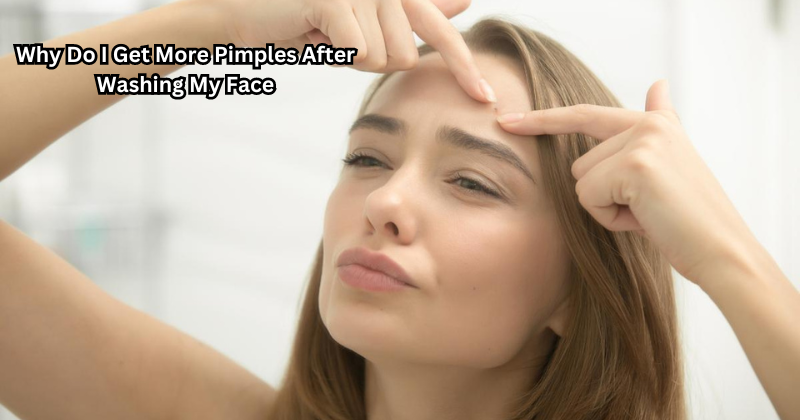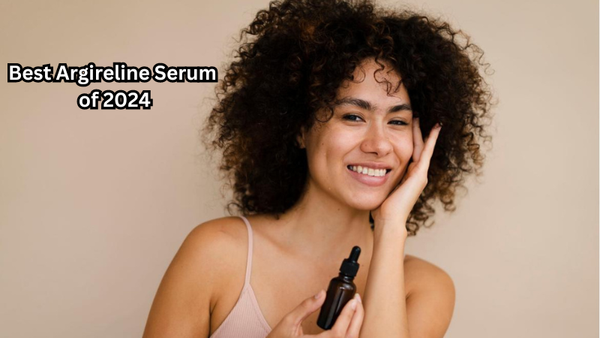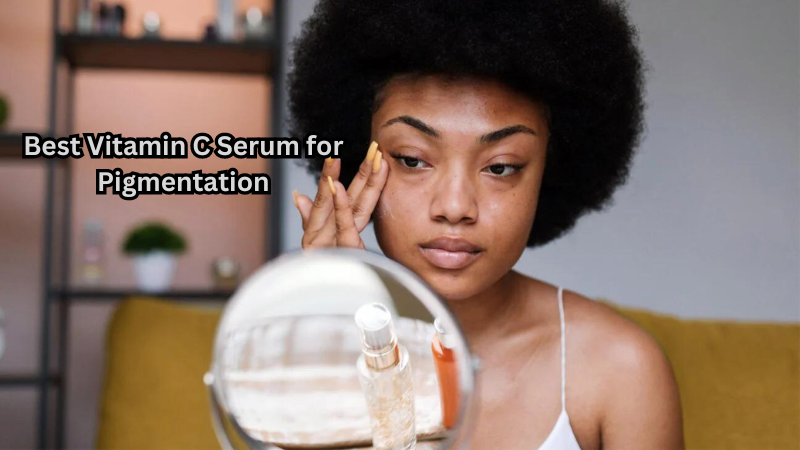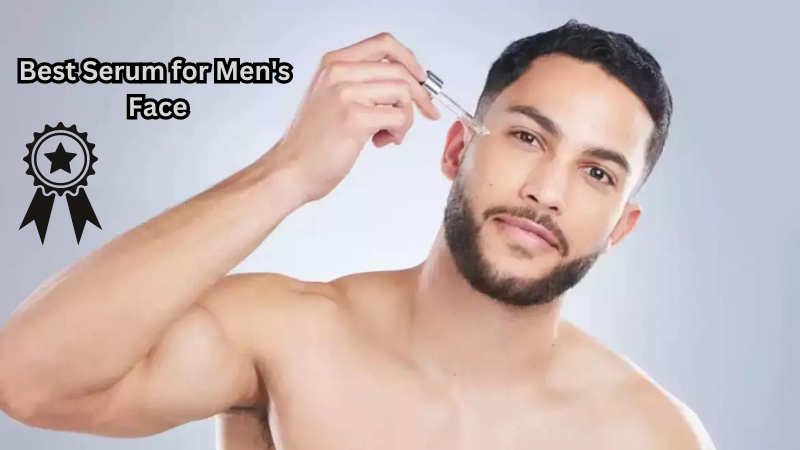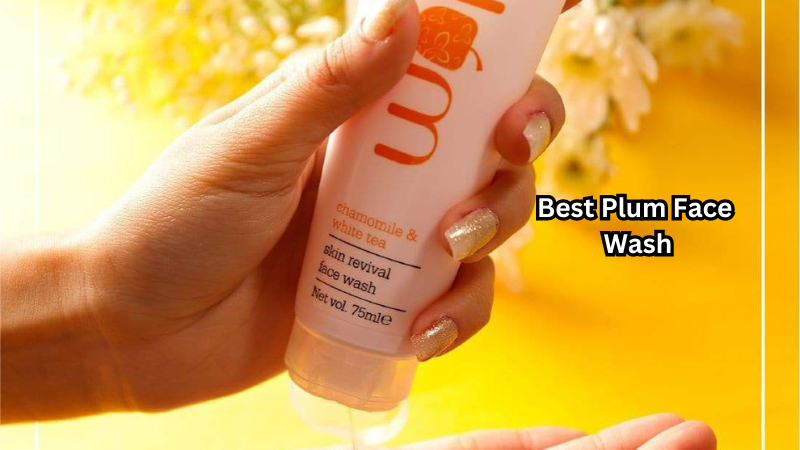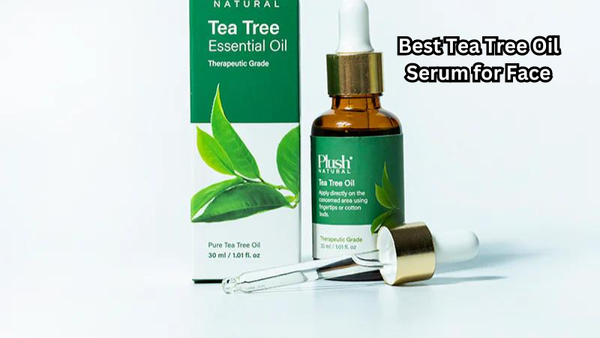Acne is one of the most common skin conditions, affecting millions of people worldwide. It is characterized by the presence of pimples, blackheads, whiteheads, and other types of blemishes on the skin. While acne has various causes such as genetics and hormonal changes, many people notice that their breakouts worsen after washing their face.
This phenomenon can be frustrating and confusing, as washing your face is often seen as a crucial step in skincare routines. So why do we get more pimples after washing our faces? In this article, we will explore the potential reasons behind this and give tips on how to properly wash your face to prevent breakouts.
What is Acne?
Acne is a skin condition that occurs when the hair follicles become clogged with oil and dead skin cells. This can lead to the growth of bacteria, causing inflammation and resulting in pimples. While acne commonly appears on the face, it can also occur on the neck, chest, back, and shoulders.
The most common types of acne are:
- Whiteheads: Closed clogged pores that appear as small, white bumps on the skin
- Blackheads: Open clogged pores that have a dark appearance due to oxidation of the oil and dead skin cells
- Papules: Small, red bumps caused by inflammation in the hair follicles
- Pustules: Similar to papules but filled with pus at the center
- Nodules: Large, hard bumps deep under the skin caused by severe inflammation
- Cysts: Painful, pus-filled lumps that can lead to scarring if not treated properly
Acne is not just a physical issue; it can also have a significant impact on an individual's self-esteem and mental well-being. That is why it is essential to understand the factors that can worsen acne, such as washing your face.
Factors that can contribute to increased pimples after washing your face
There are several potential reasons why washing your face can lead to more pimples. It is crucial to note that everyone's skin is different, and what may work for some may not work for others. However, here are some general factors that could contribute to increased acne after washing your face:
Overwashing
One common mistake people make in their skincare routine is overwashing their face. While it may seem like a good idea to wash your face multiple times a day, especially if you have oily skin, it can actually do more harm than good. Overwashing can strip the skin of its natural oils and cause it to produce even more oil, leading to clogged pores and acne breakouts.
It is recommended to wash your face twice a day, once in the morning and once at night. This is enough to keep your skin clean without overdoing it. If you feel the need to wash your face during the day, opt for a gentle cleanser or use micellar water instead.
Additionally, it is essential to choose a mild cleanser that is suitable for your skin type. Harsh products can irritate the skin and disrupt its pH balance, leading to increased oil production and breakouts. Look for cleansers with ingredients like salicylic acid or benzoyl peroxide, which can help unclog pores and prevent acne.
Using harsh products
As mentioned earlier, using harsh products can irritate the skin and worsen acne. This includes cleansers with high concentrations of alcohol or fragrances, which can be too drying for the skin. It is best to opt for gentle, non-comedogenic (non-clogging) products that are specifically designed for acne-prone skin.
Another ingredient to watch out for is sodium lauryl sulfate (SLS), a foaming agent commonly found in cleansers. SLS can strip the skin of its natural oils, leading to dryness and irritation that can trigger acne breakouts.
Additionally, be careful when using exfoliants or face scrubs as they can also be too harsh for the skin. Exfoliating once or twice a week is enough to remove dead skin cells and unclog pores; any more than that can irritate the skin.
Not washing your face after sweating
After a workout or on a hot day, it is essential to wash your face to remove sweat and dirt buildup. Sweat can mix with bacteria on the skin's surface and clog pores, leading to breakouts. If you have acne-prone skin, it is especially crucial to cleanse your face after sweating.
If washing your face immediately after a workout is not an option, use a gentle toner or micellar water to remove excess sweat and oil until you can properly cleanse your face. Also, make sure to wash your face after wearing a face mask for an extended period. The combination of sweat and friction from the mask can cause irritation and increase acne breakouts.
Not using a clean towel or cloth to dry your face
After washing your face, it is essential to pat your skin dry with a clean towel or cloth. Using a dirty towel can transfer bacteria and germs onto your skin, which can worsen acne. It is best to have designated face towels or cloths and wash them regularly.
Also, be gentle when drying your face. Aggressive rubbing or scrubbing with a towel can irritate the skin and cause inflammation that can lead to breakouts. Instead, gently pat your face dry with a clean towel.
Aggressive scrubbing and rubbing of the skin
While it may seem like scrubbing your face vigorously will remove all the dirt and oil, it can actually do more harm than good. Aggressive scrubbing or rubbing can irritate and damage the skin, leading to inflammation and breakouts.
When washing your face, use gentle circular motions and avoid applying too much pressure. It is also essential to be mindful of the products you are using, as some exfoliants or face scrubs can contain harsh ingredients that can further irritate the skin.
How to prevent acne breakouts after washing your face
There are several steps you can take to prevent acne breakouts when washing your face:
Wash your face twice a day
Washing your face twice a day, in the morning and at night, is crucial for maintaining clean skin and preventing acne breakouts. Make sure to use lukewarm water and a mild cleanser suitable for your skin type.
Plus, if you have been sweating or wearing makeup throughout the day, it is essential to cleanse your face before going to bed. This will remove any buildup of sweat, oil, and dirt that can clog pores and lead to breakouts.
Use gentle, non-comedogenic products
Choosing the right products for your skin is key when it comes to preventing acne breakouts. Look for non-comedogenic products that are specially formulated for acne-prone skin and avoid harsh ingredients like alcohol, fragrances, and sodium lauryl sulfate (SLS).
It is also essential to patch test new products before using them all over your face, as some ingredients may cause irritation or allergic reactions.
Pat dry with a clean towel or cloth
After washing your face, make sure to pat it dry with a clean towel or cloth. Using a dirty towel can transfer bacteria and germs onto your skin, which can worsen acne breakouts. It is best to have designated face towels or cloths and wash them regularly.
Also, avoid rubbing or scrubbing your face too aggressively as it can irritate the skin and lead to inflammation.
Be mindful of exfoliation and scrubbing
While regular exfoliation is beneficial for removing dead skin cells and unclogging pores, it is essential to be gentle with your skin. Avoid over-exfoliating or using harsh scrubs that can damage the skin's barrier and lead to increased oil production.
Stick to exfoliating once or twice a week with gentle products, and avoid scrubbing too aggressively. If you have acne-prone skin, it is best to consult with a dermatologist for personalized advice on how often you should exfoliate and which products are suitable for your skin type.
By following these steps, you can effectively prevent acne breakouts when washing your face. Remember, consistency is key, and it may take some trial and error to find the right products that work for your skin.
Is washing your face too often bad for acne-prone skin?
Contrary to popular belief, washing your face multiple times a day may not be beneficial for acne-prone skin. Over-washing can strip the skin of its natural oils, leading to dryness and irritation, which can trigger more acne breakouts.
It is recommended to wash your face twice a day, in the morning and at night, with lukewarm water and a gentle cleanser. If you have been sweating or wearing makeup throughout the day, it is essential to cleanse your face before going to bed.
It is also important to note that washing your face is just one part of an overall skincare routine for acne-prone skin. Other factors such as diet, stress, hormones, and genetics can also contribute to acne, so it is essential to address these as well.
Also, be mindful of the products you are using and avoid harsh ingredients that can irritate the skin. If you have any concerns about your acne-prone skin, it is best to consult with a dermatologist for personalized advice and treatment options. So remember, while washing your face is an essential step in preventing acne breakouts, too much of a good thing can also be harmful. Finding a balance and being consistent with your skincare routine is key to maintaining healthy, clear skin.
Why it is important to take care of your skin
Taking care of your skin goes beyond preventing acne breakouts. Your skin is the largest organ in your body and serves as a barrier against harmful substances and infection. It also helps regulate body temperature and plays a vital role in sensation.
Furthermore, proper skincare can help delay the aging process and maintain a healthy, glowing complexion. By regularly washing your face, using sunscreen, and moisturizing, you can protect your skin from environmental damage and premature wrinkles.
Taking care of your skin also includes staying hydrated, eating a balanced diet, getting enough rest, and managing stress levels. These factors not only impact the health of your skin but also contribute to overall well-being.
Plus, practicing good skincare habits can also boost confidence and self-esteem. When you feel good about your skin, it can positively affect how you feel about yourself and improve your overall quality of life.
Mistakes to avoid when washing your face
While washing your face seems like a simple task, there are some common mistakes you may be making that can harm your skin and lead to acne breakouts. Some of these include:
- Using hot water: Hot water can strip the skin of its natural oils and cause dryness and irritation. Also, avoid using cold water as it may not effectively remove dirt and oil.
- Not washing your hands first: Before washing your face, make sure to wash your hands thoroughly to prevent transferring bacteria and germs onto your skin.
- Using a dirty towel or cloth: Using a dirty towel or cloth can transfer bacteria onto your skin. It is best to have designated face towels and wash them regularly.
- Over-washing: As mentioned earlier, washing your face too often can dry out the skin and lead to more acne breakouts. Stick to twice a day, unless you have been sweating or wearing makeup.
- Not removing all makeup: If you wear makeup, make sure to remove it completely before washing your face. Leftover makeup can clog pores and lead to acne breakouts.
By being aware of these common mistakes and following a proper skincare routine, you can effectively prevent acne breakouts and maintain healthy, radiant skin. Remember to consult with a dermatologist for personalized advice and treatment options if needed.
Does washing your face with just water work?
Using just water to wash your face may not be effective in removing all dirt, oil, and makeup. While it may work for some people with very minimal skincare needs, using a gentle cleanser is recommended for more thorough cleansing.
Cleansers are formulated specifically for the skin and can effectively remove impurities without being too harsh or drying. It is important to choose a cleanser that is suitable for your skin type and to avoid harsh ingredients such as sulfates, fragrances, and alcohol.
Also, using a cleanser with lukewarm water is recommended as hot water can strip the skin of its natural oils and cold water may not effectively remove dirt and oil. Remember to pat your face dry gently with a clean towel afterwards.
Tips for a healthy skincare routine
- Know your skin type: Understanding your skin type is crucial in choosing the right products and establishing a skincare routine that works for you.
- Cleanse twice a day: As mentioned earlier, it is recommended to wash your face twice a day with lukewarm water and a gentle cleanser.
- Exfoliate once or twice a week: Exfoliating can help remove dead skin cells and unclog pores, but be careful not to overdo it as it can irritate the skin.
- Moisturize daily: Moisturizing is essential for all skin types, even those with oily skin. Look for oil-free and non-comedogenic moisturizers.
- Protect your skin from the sun: Sunscreen is a must in any skincare routine. Choose one with at least SPF 30 and reapply every two hours when exposed to direct sunlight.
- Be consistent: Consistency is key in maintaining healthy skin. Stick to a regular skincare routine and be patient as it may take time to see results.
Remember that everyone's skin is unique, and what works for one person may not work for another. It is essential to listen to your skin and make adjustments accordingly. By taking care of your skin, you are investing in your overall health and well-being.
FAQa
Is it necessary to wash my face twice a day?
Washing your face twice a day is recommended to remove dirt, oil, and impurities that can clog pores and lead to acne breakouts. However, if you have very dry skin or are using prescription skincare products, washing once a day may be sufficient.
Can I use the same cleanser for both morning and night?
Using the same cleanser is fine as long as it works for your skin type and does not cause any irritation. However, some people prefer to use a gentle cleanser in the morning and a stronger one at night to remove makeup and accumulated dirt from the day.
Should I exfoliate every day?
Exfoliating every day can be too harsh on the skin and lead to irritation. It is recommended to exfoliate once or twice a week, depending on your skin's needs.
Conclusion
Proper skincare is essential for maintaining healthy, radiant skin and overall well-being. By avoiding common mistakes and following a consistent routine with suitable products, you can effectively prevent acne breakouts and delay the aging process. Remember to listen to your skin's needs and consult with a dermatologist if needed.
Start taking care of your skin today for a healthier tomorrow. With these tips, you can achieve a glowing complexion and feel more confident in your own skin. Remember to be patient and consistent, as good skincare habits take time to show results. Let your healthy skin be a reflection of the effort you put into taking care of yourself.
Keep up with the latest skincare trends and stay informed on how to best care for your skin. Your future self will thank you for it. So go ahead, put your best face forward and shine on! Remember to love the skin you're in.

